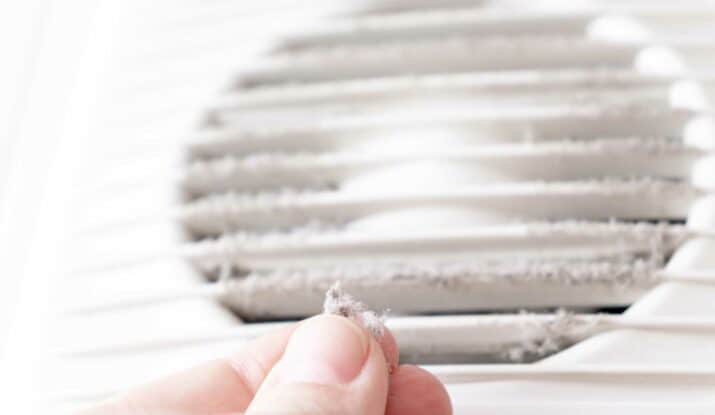When you get HVAC maintenance or duct cleaning services in Spokane, WA, you can ensure your air conditioning & heating system runs at top efficiency. Though there are differences between the two procedures, learning the differences is important for understanding which service should be scheduled and when. Keep reading for more information about how these treatments differ from one another.
Spokane HVAC Maintenance
Investing in regular HVAC maintenance gives you peace of mind that your system will run efficiently and last longer. During the maintenance visit, a trained technician inspects all parts of your unit– from electrical wiring to condenser coils–and replaces any worn-out components. This means fewer repairs for you in the future!
HVAC maintenance involves inspecting, cleaning, and repairing components of the air ducts. This includes examining ducts for cracks, holes, or other damage; checking ductwork for dust buildup; and replacing damaged parts. HVAC maintenance also entails testing the system’s airflow to ensure it is operating at peak efficiency.
They will replace your air filter to decrease the workload on your HVAC and enhance indoor air quality, and lubricate its moving parts for less friction. Plus, they’ll clean all system components – from drain lines to evaporator coils, drain pan, condenser coils, and outdoor unit – plus keep any vegetation away from it.
To be clear, we’re here to handle air duct cleaning specifically, so you’ll want to keep searching if you’re searching for HVAC maintainers.
Spokane Air Duct Cleaning Services
Our expert duct cleaning process utilizes top-notch equipment to ensure your air intake, supply, and return vents are completely clean. The cleaners also use specialized assessment instruments such as mirrors and CCTV cameras so we can inspect the condition of your ducts with precision.
A duct cleaning involves thoroughly cleaning the inside ducts where allergens, dirt, and debris build up over time. Our duct cleaners use robust vacuum systems to remove pollutants from your ducts and vents, improving air quality in your home or office. The duct cleaners also sanitize the ductwork to eliminate lingering bacteria and mold.
Overall, duct cleaning is a deep cleaning process that helps prevent air ducts from getting clogged and prevent air circulation problems. It also helps remove unhealthy particles such as pollen, dust mites, and pet dander that might be living in your ductwork.
Based on the condition of your ducts, professional technicians will choose from various tools such as brushes, vacuums, and specialized machinery to ensure maximum duct cleaning effectiveness.
Our service technicians will utilize a vacuum collection unit to create negative air pressure to guarantee that the dirt and debris are all collected in one place instead of spreading throughout your home. After they finish their job, our professionals will inspect everything thoroughly once more so you can be sure that every duct has been cleaned properly.
How the Two Procedures Vary (HVAC vs. Ducts)
💨 HVAC Systems
Fine-tuning an HVAC system should be done annually, while a thorough ductwork cleaning should occur bi-annually. We recommend you schedule both services when possible so that you can enjoy reliable warmth during winter or cool air in summer and keep your family breathing fresh, healthy air! It is advised to have a skilled professional perform these tasks rather than attempting them yourself; only then can you ensure comprehensive maintenance and safety for your home’s comfort systems.
💨 Air Duct Cleaning
Get professional air duct cleaning scheduled today! If your home or business needs maintenance, and you need a duct cleaning job done right, reach out to CleanCo WA so we can get the job done quickly and effectively. Our experienced service technicians will bring the best tools for whatever duct cleaning needs you have so that you can have peace of mind knowing that your system’s performance won’t be compromised.

